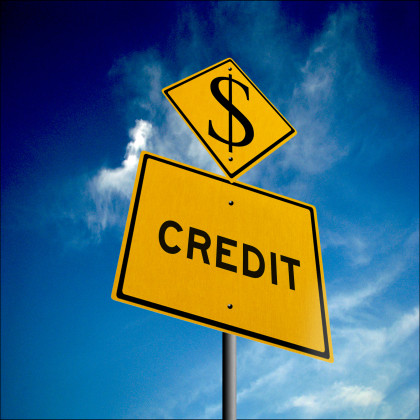If you are routinely late on your payments, or have defaulted on a loan or two, there is no mystery as to why your credit score is so low. All credit is a type of loan. If you do not pay back your loans in the agreed upon timeframe, it will adversely effect your credit rating. That lets the next potential lender know that you are a bad risk.
That does not mean that you will never get another loan. There will always be someone willing to loan you money. Rather, it means that the terms of your next loan will be hostile, even predatory. To avoid this, you need to pay your bills on time. Also, you need to be aware of other factors that can adversely effect your credit:
Identity Theft
It is among all things possible that your credit can be torpedoed through no direct fault of your own. There are plenty of bad people willing to do bad things to your credit without your help. Thanks to modern technology, doing so is easier and more anonymous than ever.
Identity theft has been going on long before the advent of modern technology. But those who are very familiar with the way modern technology works find easy targets in those who do not.
Particularly at risk are digital nomads who do their work and play in public on mobile devices. Their tools of choice are laptops, iPads, and smartphones. They fall victim to shoulder surfers and Apple pickers. Despite the fact that these digital nomads have done nothing wrong besides not being security-minded enough, the activities of thieves can effect their credit. Those effects do not have to be permanent. But they can be devastating in the short term.
Applying for Credit
You know that credit card you applied for the last time you were at Best Buy. They said it would instantly save you 10% on your purchase. As it happens, you were turned down for the card. Sorry. What they didn’t tell you is that just applying for the card was likely a negative hit on your credit. Sorry again.
In an attempt to rebuild your credit, you might reasonably apply for credit, unaware that the act of applying for credit can work against your credit score, and thus, your ability to get it. The application creates what is called a hard inquiry. Too many of these inquiries in a short period of time will lower your score. Often, when a person applies for one source of credit, they apply for several. The more you apply, the less your chances of getting it.
Closing a Credit Account
Your credit utilization ratio accounts for about 30% of your credit score. If you have two credit accounts worth $5,000 each, and you hold a balance of $2,500, your credit utilization score is 25%. If you close one of those accounts, your credit utilization score shoots up to 50%. That represents a problem. And your credit score will suffer for it.
The thing about the previous two examples is that they feel like the right thing to do. You can’t improve your credit if you don’t apply for it. And you can’t reduce your credit burden if you don’t close unused accounts. Yet doing either actually can downgrade your credit worthiness. It feels like a no-win trap. And on your own, it kind of is.
Credit repair can seem a bit like a dark art at times. Fortunately, there are resources that can help you escape the maze of no-win scenarios. One of the leading firms specializing in this area is offering a free credit repair ebook. One of the chapters in the book is, “The Bogus Brick Wall”..Like all brick walls, there is always a way over it, around it, or through it.
There are all kinds of things that can adversely effect your credit. Fortunately, there are plenty of things you can do to reverse bad credit, and protect good credit. It starts by lifting the lid of the black box that is the credit reporting industry. You can go it alone. Just know that help is also available. Repairing your credit is worth it.
